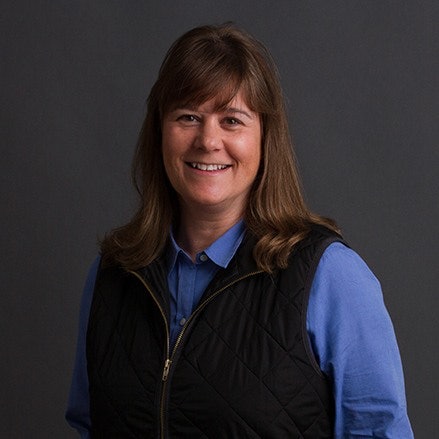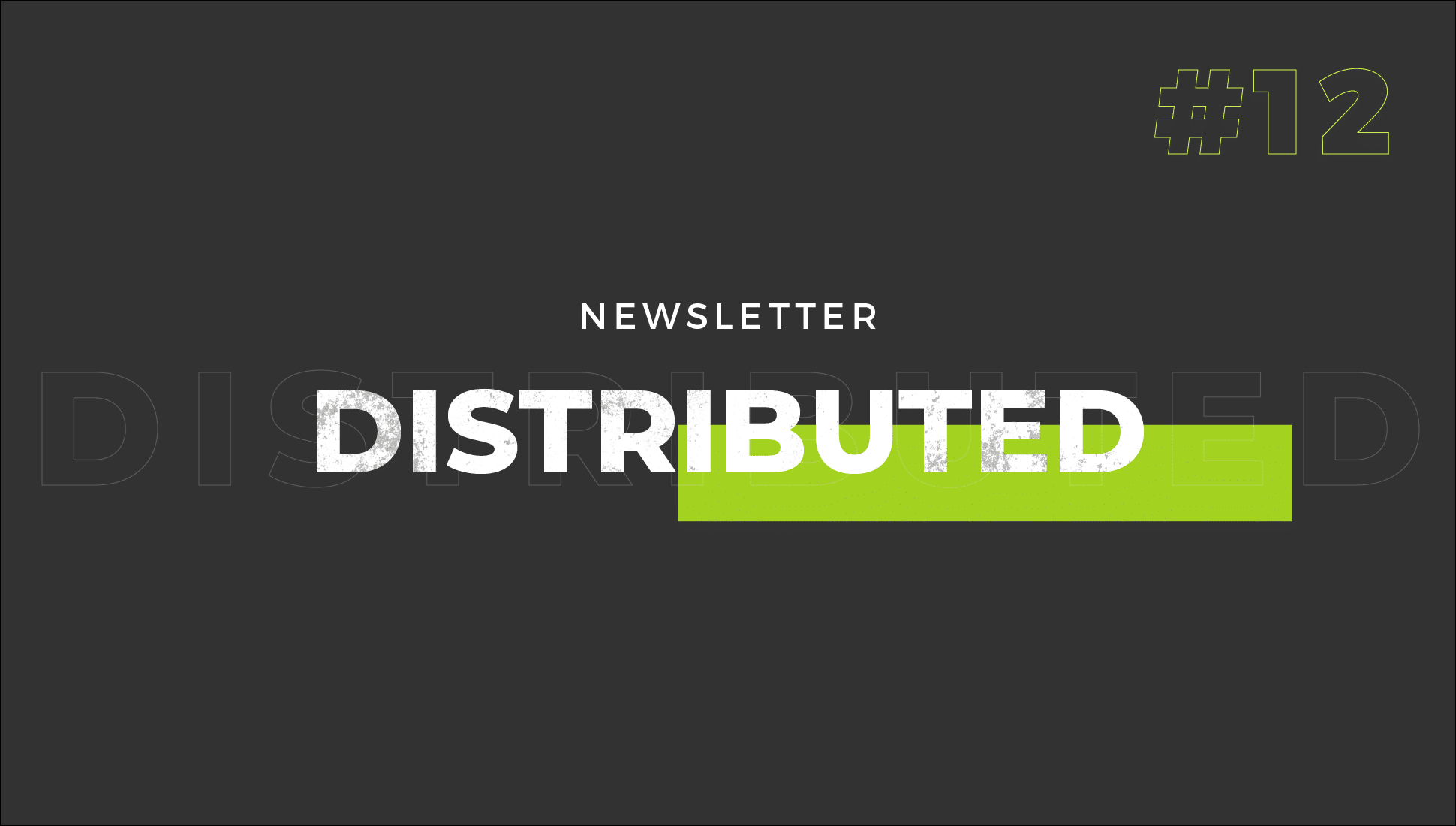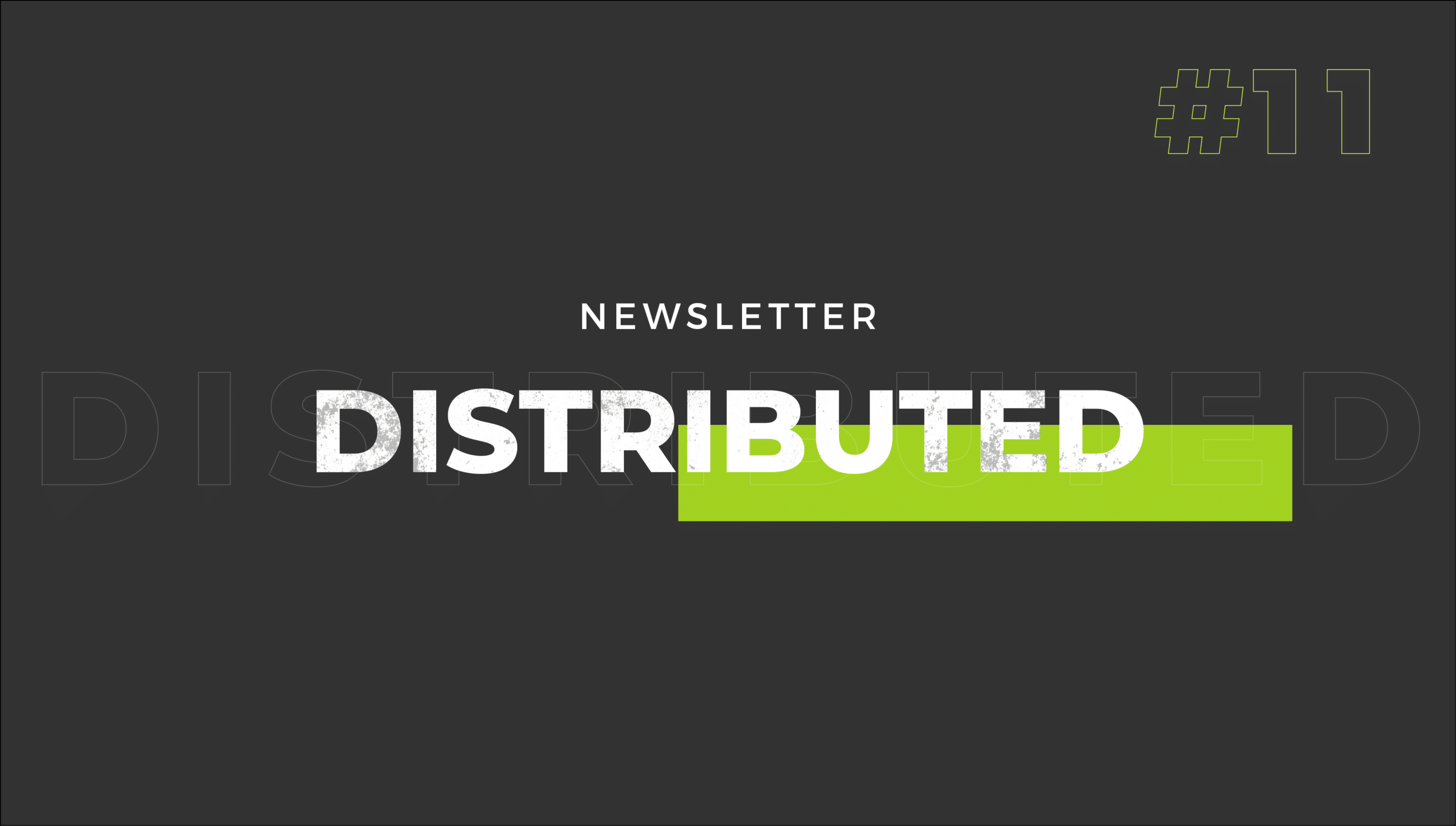This year has been one giant wake up call in many ways. Lessons learned, important social issues on the forefront, significant changes to embrace, understand and adapt to, and personal responsibility to take. It has been a lot. A whole lot. How have you managed through it all this year?
Me? I have learned to listen intentionally. I have learned to be patient, do my research, and to ask lots of questions. I have committed that I will not take anything for granted and I will not take anything at face value. I have discovered that I have a lot to learn. And in some ways in particular, that’s really been an important thing to learn.
At Element Three, it has been a year to really test the true strength of the foundation upon which our business is built. For many businesses, this has been a sink or swim year. It has been a time of introspection that for many, including us, has highlighted the areas where you fall short. For us, one of those areas was diversity and inclusion.
There are lots of ways one could define “diversity and inclusion.” The simplest is to say that together, they mean building a workplace culture that includes and supports people from all backgrounds—gender, race, sexual identity, religion, socioeconomic background, and more. It doesn’t end at an equitable and fair hiring practice (though that’s obviously a very important part of what we’re talking about). It starts there, but in order to have a diverse workplace, you have to first have an inclusive culture. One that makes it clear that no matter who you are, you’re not only welcome, you belong.
If we gave ourselves a grade on how well we truly understood the importance of this critical issue prior to 2020, we would have barely passed the class.
I put this out there in an attempt to be transparent. I am not an expert in this area. That said, my passion for us to be better has driven me and our whole company to make great strides in the right direction. Here is the story of our journey. Spoiler alert—we’re not rocket scientists here, I am still learning.
Where we started, and what came next.
May 25th, 2020 was a pivotal moment for us, as I know it was for many. The issues around diversity have been part of our conversations here at Element Three for many years, but it was not until the incident with George Floyd that it became so deeply real that diversity and inclusion required attention. It became a priority. I am embarrassed to admit that it was not so much the single event in and of itself that triggered real action; rather, it was an email I received from our COO soon after that woke me up.
Our COO is the one and only person of color who works at Element Three at this point in time. I put that out there to show just how much work we have to do here. He was alone in this, but he was brave enough to reach out to the rest of our leadership team to tell us he was struggling and to ask us to pay attention. I was frankly sad and embarrassed that I did not proactively see this on my own. I was so thankful that he trusted us enough to speak up. It was the push I needed to wake the hell up.
Since that day, my personal learning has been voracious, alarming, and enlightening. I have read books recommended by friends and consultants. I have watched videos. I have participated in many conversations with selfless folks willing to share their stories with me. I have connected with several local leaders to share ideas, strategies, and challenges. My eyes have been opened about how much work there is to do around D&I in the workplace (and in the world, for that matter).
So what can we do?
So, how does this learning translate to Element Three? First of all, our executive leadership team locked arms to make this a priority. We established 90-day priorities around this important topic for the past 6 months and it will obviously continue to be a priority going forward. As it’s now clear, this is not a new problem, and it’s not going to be a problem with a quick fix. If your solution includes an endpoint, it’s probably not an actual solution—it’s lip service.
Additionally, I assembled a team of volunteers to become our first Diversity and Inclusion committee, as we began to peel back the issues directly related to us, our community, and our business. We began having open, transparent conversations around this critical topic. I feel so fortunate that our COO was brave enough to begin the dialogue with personal stories of how he has been impacted by racism in his community and at work. Once the dialogue began, we knew we had to keep it going because we’ve really only hit the very tip of the iceberg. Our D&I committee met regularly for 3 months to continue these conversations, create and review lessons to share with the company, and to lay the groundwork for our mission and strategy.
We also engaged a professional consultant to walk with us as we began to execute our strategy. After all, we clearly aren’t experts on the subject—and it’s too critical to just try to “figure out on our own. Starting at the top of the organization, we have held forums for our leaders to start the journey with a commitment to be better. We have also created a path of lessons directly related to D&I that all members of our staff will be taking part in. It will become part of our onboarding process, and we will hold mini-forums to discuss each lesson along the way.
We have also worked to create a solid strategy that everyone in our organization could support that includes having a focus on engaging diverse talent early so they can proactively think about what a future in marketing could look like for them. We don’t just want to make Element Three more welcoming for people from all backgrounds. We want to do all we can to improve the marketing industry as a whole, at least in our own backyard.
This is just the start.
As I stated earlier, this is certainly not comprehensive. We still have so, so much to do. But it is a solid starting point for us, and we’re committed to making sure that the conversations continue. I have been so fortunate to have a network of caring and compassionate professionals who have willingly included me in their conversations—and I have found that is the best way to learn.
And that’s my advice to everyone reading this. One of the most important lessons of 2020 has been that listening to people who aren’t you (especially if they come from different backgrounds, or have lived different lives) changes everything. Don’t assume you know best. Listen, learn, and change. It can do a world of good, and it’s something we all need to get a lot better at.





